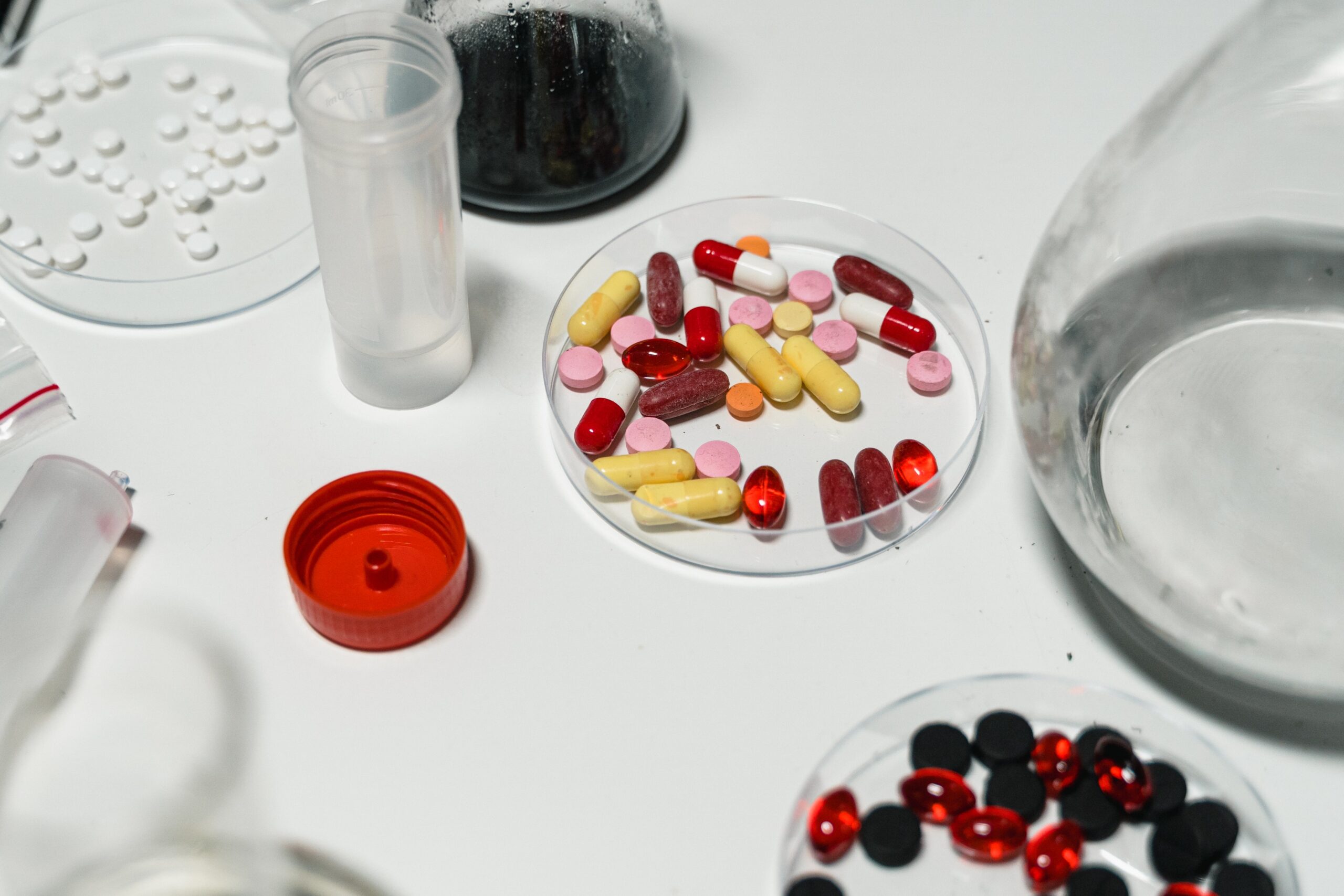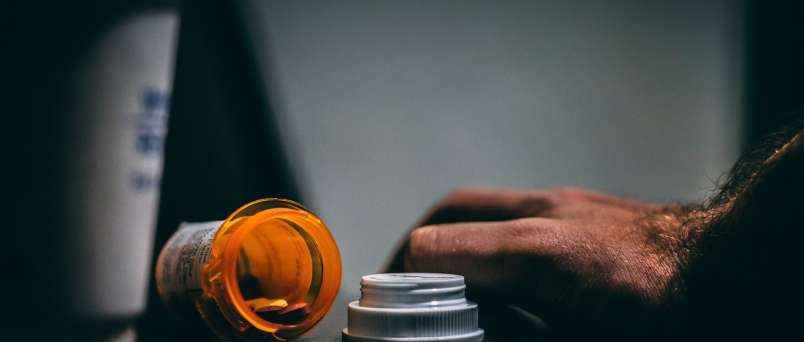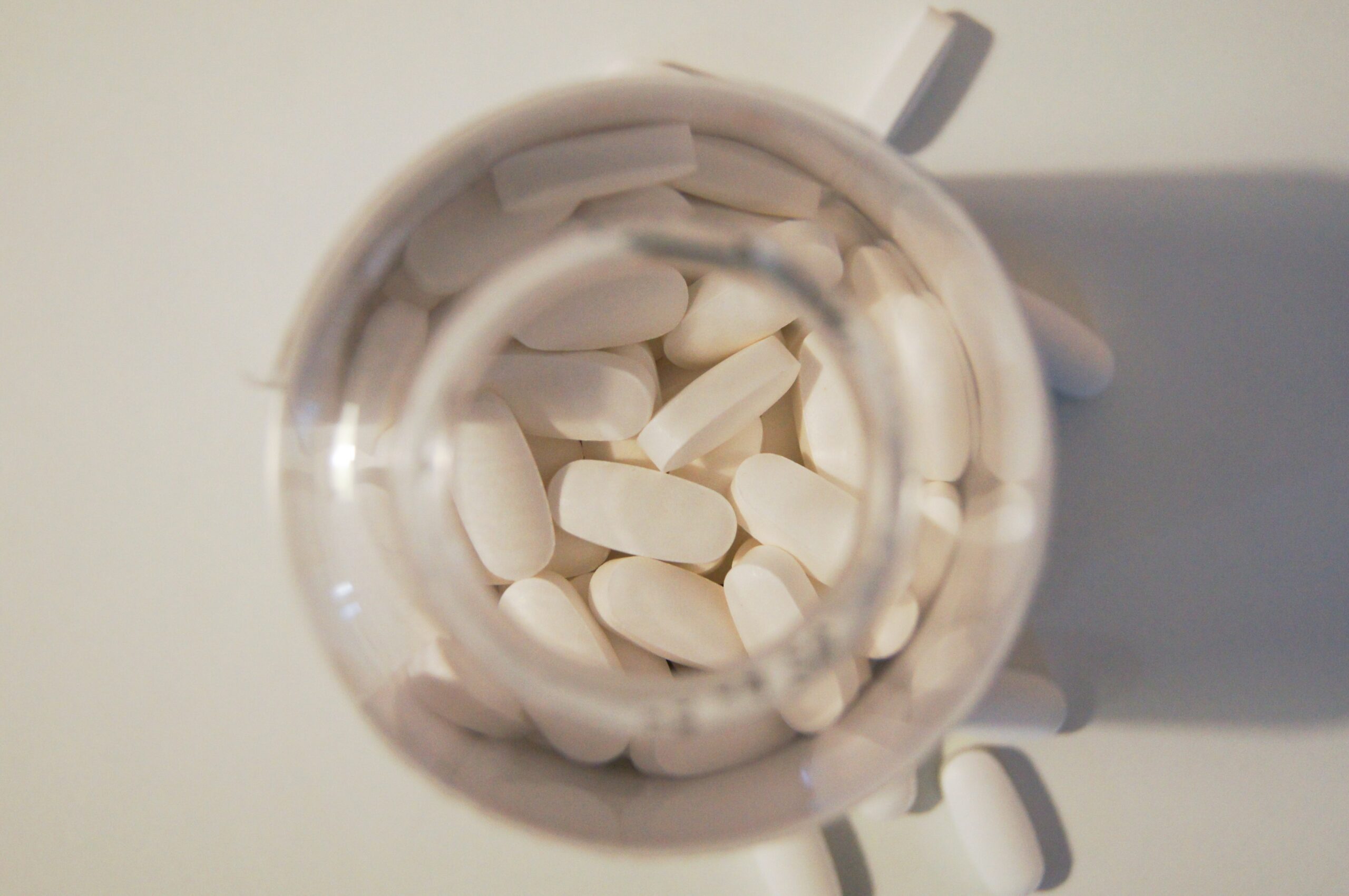What Are Drugs?
What are drugs?
The chemical substances that can change how your body and mind work are called Drugs. They contain banned drugs, tobacco, over-the-counter medicines, alcohol, and prescription medicine.
What is drug addiction?
Drug addiction is a chronic brain disease. A person takes drugs repeatedly due to this, despite the fact that they are harmful. Frequent drug use can alter the brain and lead to addiction.
Drug addiction is considered a “relapsing” disease because brain changes from addiction can be lasting. This means that a person in recovery is at risk of taking drugs again, even after years of not taking them.
Who is at risk for drug addiction?
There are numerous risk factors that can make you become addicted to drugs, some of them are:

• Your biology: People can react to drugs differently. Some people hate it when they try it the first time because of how it feels and never try it again. Some people like the sensation the first time they try a drug and want more.
• Mental health problems: People who have untreated mental health problems, such as depression, anxiety, or attention-deficit/hyperactivity disorder (ADHD) are more likely to become addicted. Drug use and mental health problems affect the same parts of the brain and that is why a person became addicted. Also, people may use drugs to try to feel better about these problems.
• Trouble at home: You might be more likely to have a drug problem while growing up If your house is an unhappy place or was.
• You could use drugs to get your mind to relax from these problems.
• Hanging around other people who use drugs. They force or boost you to try drugs.
• Starting drug use when you’re young. Drugs affect how children’s bodies and brains finish growing when they use drugs. This increases your chances of becoming addicted when you’re an adult.
What are the signs that someone has a drug problem?
Someone with a drug problem shows signs that are:
• Changing friends a lot
• Spending a lot of time alone
• Losing interest in favorite things
• Being really tired and sad
• Eating more or eating less than usual
• Being very energetic, talking fast, or saying things that don’t make sense
• Being in a bad mood
• Sleeping at strange hours
• Missing important appointments
• Having problems at work or at school
• Having problems in personal or family relationships
What are the treatments for drug addiction?
The treatments for drug addiction contain medicines, counseling, or both. Research shows that joining medicines with counseling gives most people the best chance of success.
The counseling could be family, individual, and/or group therapy. It can help you:
• Understand why you got addicted
• See how drugs changed your behavior
Medicines can help with the symptoms of withdrawal. For certain drugs addiction, there are also medicines that can support you to re-establish normal brain function and lessen your cravings.
The dual diagnosis means you have a mental disorder along with addiction. It is important to treat both problems. This will improve your chance of success.
You may need hospital-based or residential treatment if you have a severe addiction. Residential treatment programs combine treatment services and housing.


